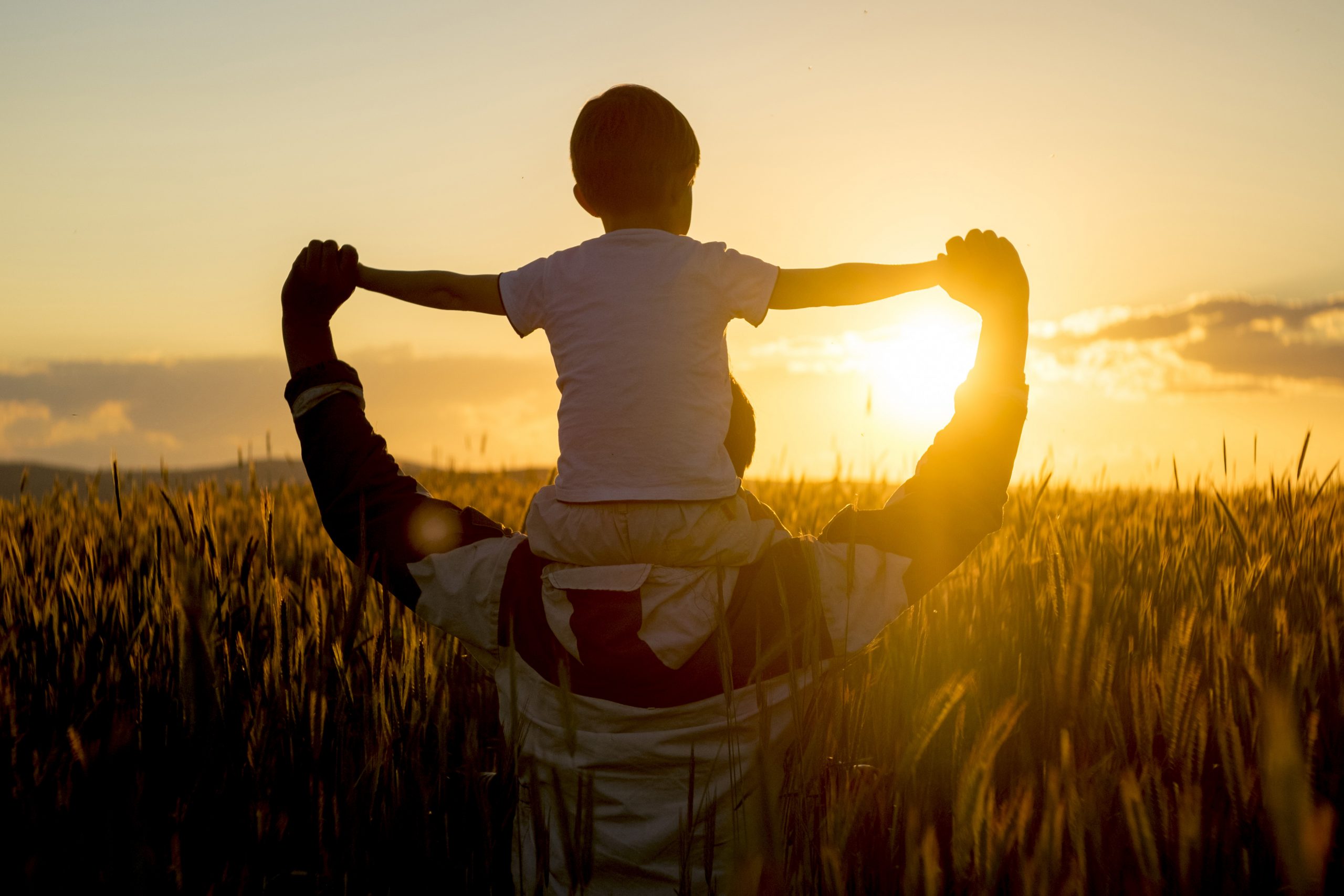Jonathan Self: After 44 years and seven attempts, I am finally starting to get the hang of this parenting business
Jonathan Self has nailed it, just as his twins leave for university.


Decades ago, an adventurous pair of house martins moved from our stables, where there are a dozen nests, and set up home over a bedroom window on the seaward side of the house. Shakespeare’s ‘temple-haunting martlet’ is a notoriously noisy species, forever gossiping and squabbling, and I was concerned that others would follow their lead, effectively murdering our sleep from May to October. The nest is refurbished every year, presumably by the first settlers’ descendants, but for reasons unclear it remains a lone outpost.
To be frank, I have never paid its occupants much attention, but, a fortnight ago, I happened to see one of the pair (male or female: all house martins look alike to me) hovering outside the entrance and making plaintive calls to whoever lurked within. What I had witnessed was, it transpires, a parent trying to induce its young to leave the nest, adolescent house martins being especially reluctant to fend for themselves.
In fact, the garden looks like a sort of avian nursery. On a typical day, there are young, energetic, but poorly coordinated robins, starlings, sparrows, wrens, blue tits, dunnocks and thrushes wobbling, pecking and flapping all over the lawn and shrubbery. The appearance of so many fledglings must be a seasonal occurrence, of course, but this is the first time I have been so acutely aware of it and I know the reason why.
"We have too many highly qualified people chasing too few roles and taking up too much of society’s resources"
Our twins have just finished school and will be off to university in September. I became a father when I was 22 and, by means of careful spacing and regular top-ups — I have six sons and one daughter — for the past 44 years, there have never been fewer than two children in the house.
Some members of the animal kingdom take a surprisingly ruthless attitude to their offspring. Cuckoos famously put their chicks out for adoption before they’ve hatched; pandas, who generally have twins, abandon the weaker of the pair; snake mothers simply lay their eggs and move swiftly on. Other species are more family minded. Elephants, lions, wolves, prairie dogs and dwarf mongeese, to name a few, sometimes never leave home. No empty-nest syndrome for their lucky parents.
Leaving aside the fact that I am going to miss the twins desperately, I feel I am finally starting to get the hang of this parenting business. Not that I am claiming to be especially good at it. Only this week, I rather took the shine off Oliver and Charlotte’s graduation ceremony (whatever happened to speech days?) by telling anyone who would listen how much I objected to the principal’s claim that the students should be congratulated for their ‘amazing achievements’, overcoming obstacles, struggling to accomplish their goals, blah, blah.
She was talking about children who have been educated in a private school with small classes and highly qualified teachers. I am inordinately proud of the twins — Oliver is off to do philosophy and politics; Charlotte to study photography — and everyone’s troubles are their own, but, please, a bit of perspective. Not that I think their generation will find it easy.
Sign up for the Country Life Newsletter
Exquisite houses, the beauty of Nature, and how to get the most from your life, straight to your inbox.
Peter Turchin, a biologist, says we are in a period of elite overproduction — basically, we have too many highly qualified people chasing too few roles and taking up too much of society’s resources. Anecdotal evidence suggests he is right. One effect of this could be that some of our own children will come back to live with us for a period. Not their dream, perhaps, but definitely mine.
After trying various jobs (farmer, hospital orderly, shop assistant, door-to-door salesman, art director, childminder and others beside) Jonathan Self became a writer. His work has appeared in a wide selection of publications including Country Life, Vanity Fair, You Magazine, The Guardian, The Daily Mail and The Daily Telegraph.
-
 'To exist in this world relies on the hands of others': Roger Powell and modern British bookbinding
'To exist in this world relies on the hands of others': Roger Powell and modern British bookbindingAn exhibition on the legendary bookbinder Roger Powell reveals not only his great skill, but serves to reconnect us with the joy, power and importance of real craftsmanship.
By Hussein Kesvani
-
 Spam: The tinned meaty treat that brought a taste of the ‘hot-dog life of Hollywood’ to war-weary Britain
Spam: The tinned meaty treat that brought a taste of the ‘hot-dog life of Hollywood’ to war-weary BritainCourtesy of our ‘special relationship’ with the US, Spam was a culinary phenomenon, says Mary Greene. So much so that in 1944, London’s Simpson’s, renowned for its roast beef, was offering creamed Spam casserole instead.
By Country Life